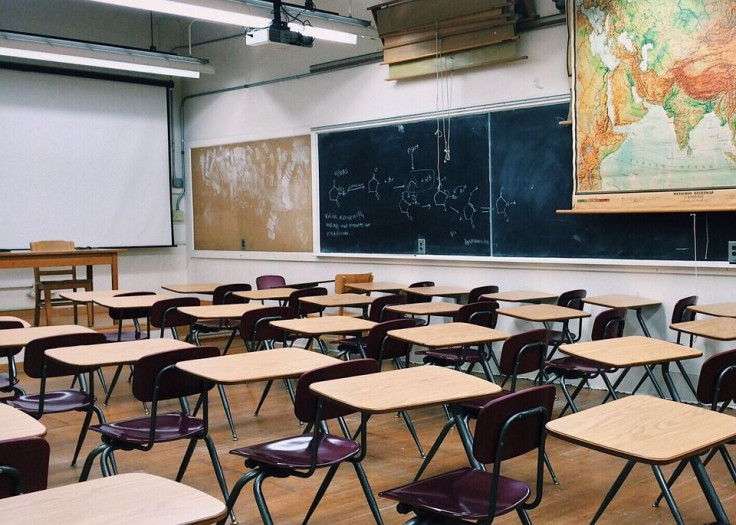
NEW YORK CITY - A lawsuit challenging selective admissions in New York City public schools that was brought into the court's attention this spring may bring forth landmark changes to the admissions process at such schools in the nation's largest system.
The case centers around the two different academic tracks children are sorted into as early as kindergarten— general and specialized gifted and talented courses. In the latter tracks, they may attend more rigorous classes based on their performance, something that often results in a more smooth admission process into selective middle and high schools.
The suit argues that many Black and Latino students face "systematic exclusion" from the gifted and selective pipelines, which blocks them from "prime educational opportunities" and denies their right to a sound education under the Constitution, The New York Times reported.
It also recalls an earlier set of court cases that tried to remove separate and unequal academic tracks for Black and Latino students, arguing that segregated schools and classrooms denied their rights.
A lower court judge had previously dismissed the suit, ruling it asked the court system to "make educational policy." But in May, a New York appellate court found that the decision was an "error" and allowed the case to proceed.
If successful, the case could ultimately force fundamental changes to admissions policies at hundreds of selective schools, one of the most divisive education issues in New York and around the country.
"This is a historic decision," Mark Rosenbaum, one of the lawyers who filed the suit said back in May. "It means it's the beginning of the end of the two-tiered education system in New York City."
But as the case prepares to be disputed, what options do schools have to promote desegregation? The menu is limited, according to The Times.
The landmark Supreme Court case Brown v. Board of Education prohibited racial segregation in public schools seven decades ago. Nowadays, as schools seek to integrate diversity, they are left seeking for race-neutral ways to do so, generally opting for socioeconomic status. Minneapolis, for instance, has redrawn school attendance zones to reduce the number of schools with large populations of low-income students.
Nevertheless, some believe that it is not the law preventing schools from becoming desegregated.
"The sorry state of racial integration in the nation's public schools is not attributable to legal obstacles," Justin driver, a Yale Law School professor and an expert on the Supreme Court's role in education said. "Instead, there is a lack of political will to pursue the legal means that are available."
The case is attracting attention from a conservative nonprofit organization that has filed motion in several suits nationally over race-conscious policies, including affirmative action at Harvard University. The group, Parents Defending Education, argued in the court filing that many families could lose "priceless educational opportunities" if selective programs were changed or eliminated.
© 2025 Latin Times. All rights reserved. Do not reproduce without permission.




